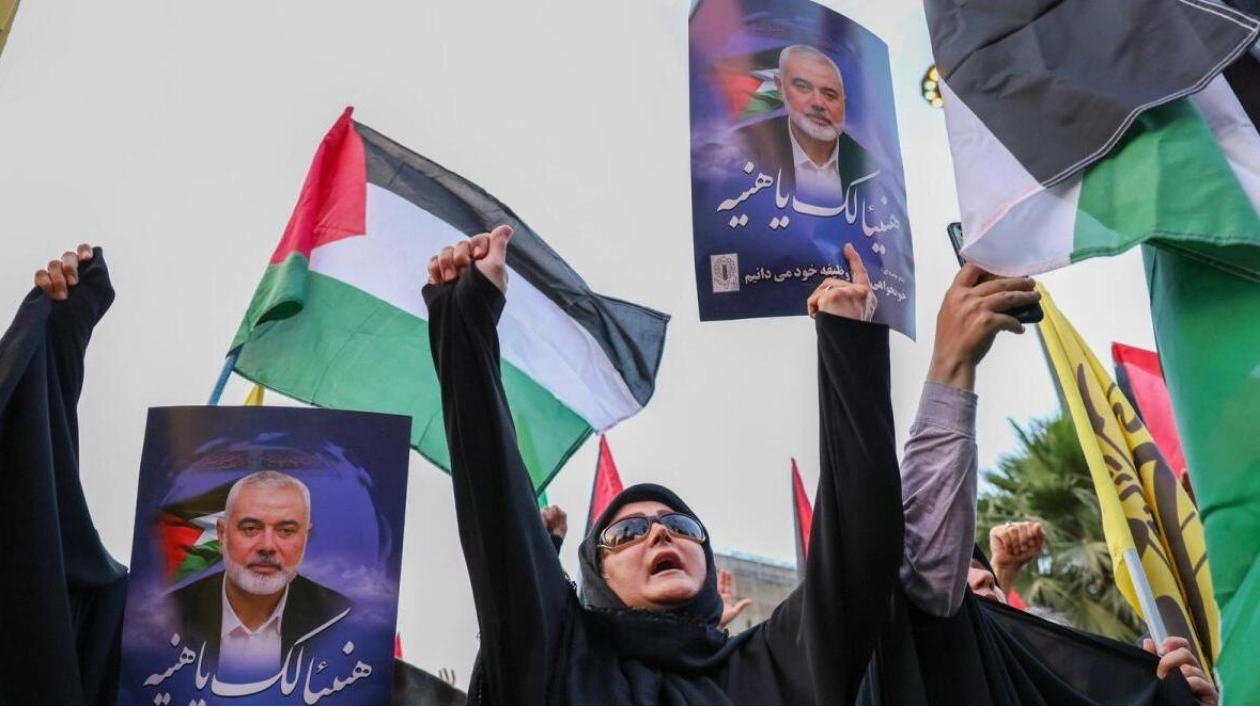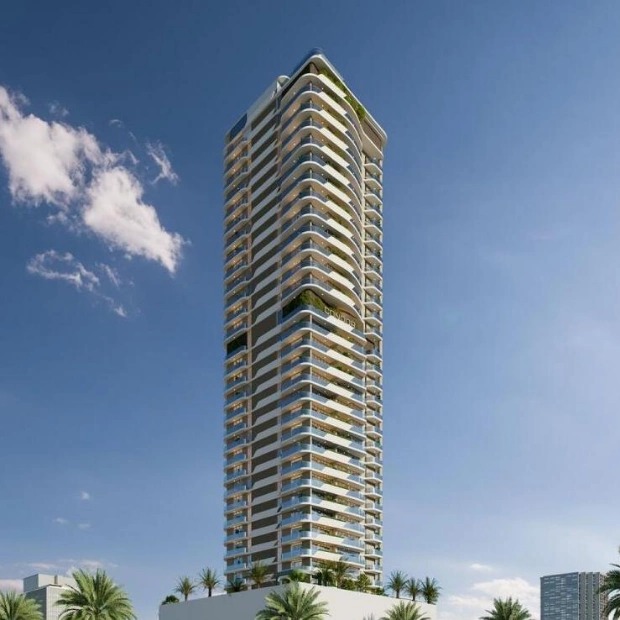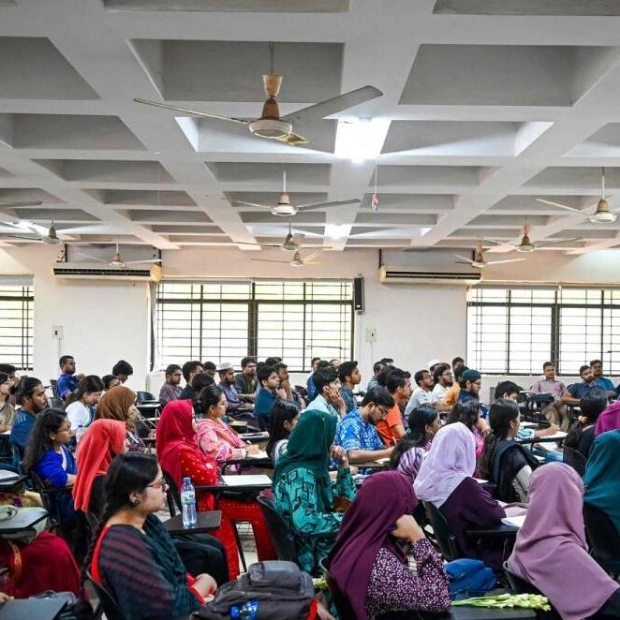Iran conducted funeral processions on Thursday for Hamas's political leader Ismail Haniyeh, who was reportedly killed in an attack in Tehran attributed to Israel. The supreme leader of the Islamic Republic, Ayatollah Ali Khamenei, will preside over the prayers for Haniyeh before his burial in Doha. Khamenei had previously warned of "harsh punishment" for those responsible for Haniyeh's death.
In the heart of the capital, crowds of mourners assembled at Tehran University, holding images of Haniyeh and Palestinian flags, as reported by an AFP correspondent. The announcement of Haniyeh's demise came from Iran's Revolutionary Guards, who stated that he and his bodyguard were fatally struck in their residence in Tehran at 2am (2230 GMT) on Wednesday.
This incident occurred shortly after Israel assassinated Hezbollah's key commander, Fuad Shukr, in Beirut, heightening concerns about a broader conflict in the region. Israel has not officially commented on the attack in Tehran. Khamenei, who holds the ultimate authority in Iran's political decisions, declared it a duty to avenge Haniyeh's death, as he was martyred within the borders of the Islamic Republic.
Haniyeh had been in Tehran for the inauguration of the newly elected President Masoud Pezeshkian. The Iranian president condemned the act as cowardly and promised Israel would face the repercussions. Similarly, a Hamas political bureau member, Musa Abu Marzuk, pledged that Haniyeh's assassination would not remain unaddressed.
Despite these threats, the international community urged restraint and a focus on achieving a ceasefire in Gaza. UN Secretary-General Antonio Guterres described the events in Tehran and Beirut as a "dangerous escalation" and called for all efforts to lead to a ceasefire in Gaza and the release of hostages taken during Hamas's October 7 attack on southern Israel. US Secretary of State Antony Blinken reiterated the necessity for a ceasefire in Gaza, with White House National Security Council spokesman John Kirby noting that the recent killings exacerbate regional tensions.






